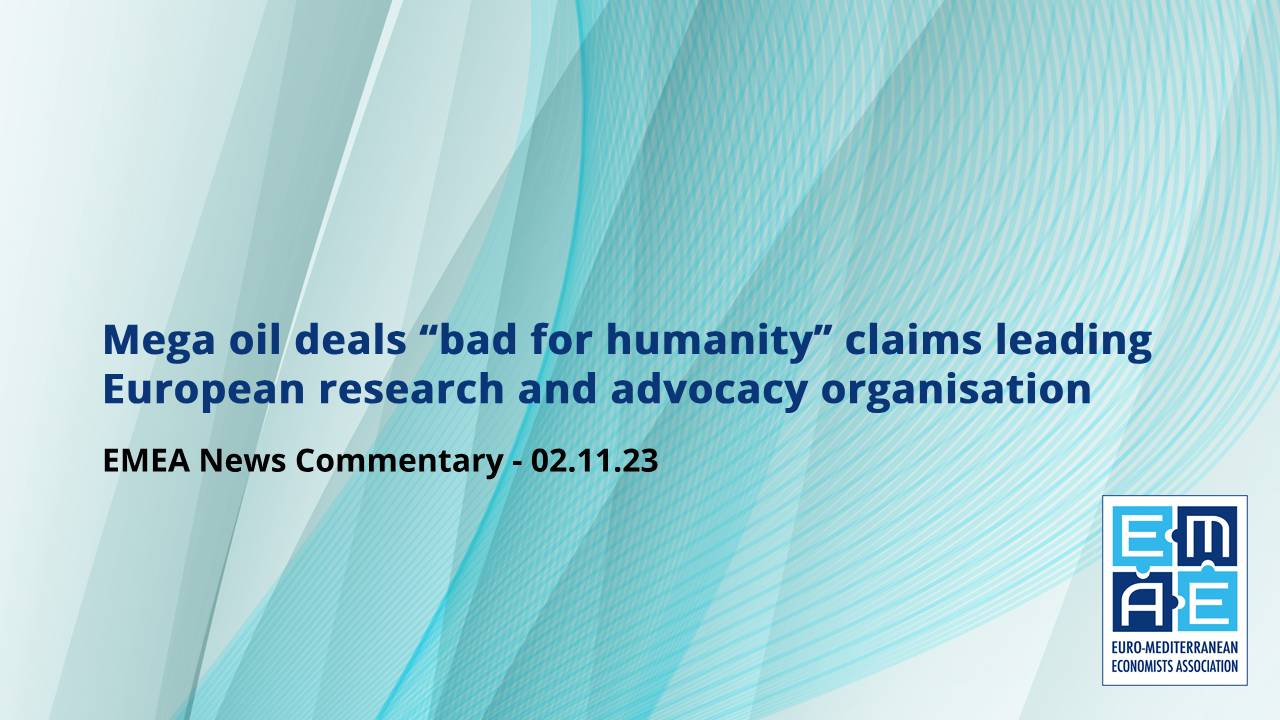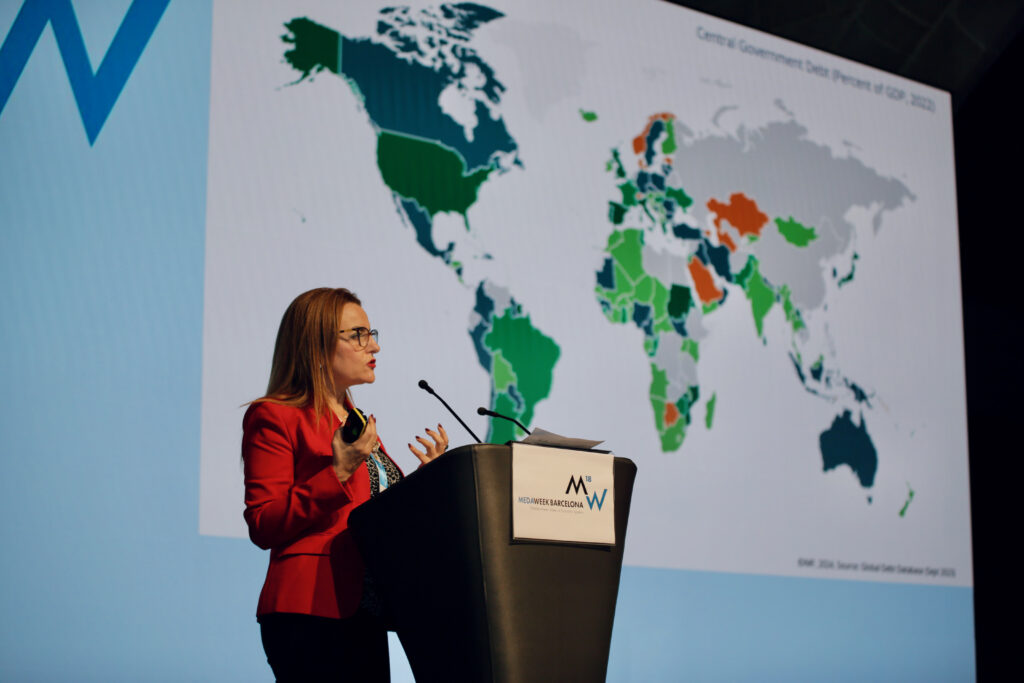Recent mega acquisitions by oil giants Chevron and ExxonMobil are “very bad news for humanity,” according to Finance Watch, the Brussels-based financial regulation research and advocacy organisation.
The hard-hitting response comes in the wake of recent announcements that ExxonMobil has acquired Pioneer Natural resources for $59.5 billion, with Chevron paying $53 billion for oil producer, Hess.
Finance Watch was founded in 2011 by members of the European Parliament, as a counter to the financial lobby.
In a lengthy statement on LinkedIn, their Chief Economist, Thierry Philipponnat, said the deals indicated that the big oil companies would “devote even more of their enormous lobbying power to keep on convincing world leaders not to take the measures indispensable to limit global warming.”
Whilst this would be to the benefit of short-term shareholders, “it was bad news for long-term shareholders and very bad news for humanity,” he wrote.
Mr Philipponnat said the oil companies were “ready to bet that the world will produce and burn always more oil and gas in the coming years,”
Nevertheless, he couldn’t envisage a scenario whereby the value of oil and gas reserves could prosper in the long run.
He continued: “The logic behind this latter assertion is simple and binary: if fossil fuel reserves keep on being exploited, the world will reach 2°C of global warming in 20 years’ time and 3°C by the end of the century,” a scenario which he said climate scientists had described as “beyond catastrophic.”
This would lead to a disruption of the world and the collapse of the value of all economic and financial assets, said Mr Philipponnat. The alternative, he suggested, was that fossil fuel reserves are left unexploited and stranded, in order to limit global warming, meaning they would lose their value.
“The opposition between investors’ short-term and long-term interests has never been so obvious,” he wrote.
Chaos and disruption of human societies
He poured scorn on Chevron’s CEO, Mike Wirth, for criticising the International Energy Agency’s (IEA) stance that peak oil would fall before 2030.
“I would very much like to ask Mike Wirth what he does when he drives and sees an obstacle on the road: does he accelerate until his car crashes, because in the real world accelerating is so much more fun than braking?”
Mr Philipponnat highlighted statements from the UN International Panel on Climate Change (IPCC), which said that between 3.3 and 3.6 billion people worldwide were now highly vulnerable to climate change.
“This will inexorably translate into climate migrants in the hundreds of millions, if not billions, and the inevitable chaos and disruption of human societies that will come with it,” he wrote.
In addition, the IPCC had estimated that future CO₂ emissions from existing fossil fuel infrastructures had already exceeded the remaining carbon budget for limiting warming to 1.5°C.
He said the obstacle on the road was “huge and very near” adding that “the abyssal consequences of what used to be a long-term prospect have never been so close.
“Can someone tell our leaders that, in the real world, real people brake instead of accelerating in such a situation?” questioned Mr Philipponnat.
Meanwhile, the Financial Times reported that a new wave of mergers and acquisitions in the oil sector – such as those expedited by Chevron and ExxonMobil – was likely to make the industry giants even bigger.
Exxon and Chevron now appeared “to be the leaders of the cut-throat global game of oil Monopoly, after back-to-back bets on the long-term resilience of oil and gas demand.”
The recent flurry of deals in the sector was akin to “an arms race,” with analysts predicting that a tie-up between Shell and BP could be next.
The FT said that Exxon and Chevron’s “shared resistance to pivoting into renewables” had steadily earned them more climate-conscious critics. Instead, they were persevering with an “if it ain’t broke, don’t fix it” approach to hydrocarbons and deal making.
Chevron’s Mike Wirth said oil demand would remain high into the next decade. In response to the IEA’s forecast that fossil fuel requirement would peak before 2030, he told the FT: “I don’t think they’re remotely right . . . You can build scenarios, but we live in the real world and have to allocate capital to meet real world demands.”
Why Chevron is inking the biggest deal in its history (ft.com)





